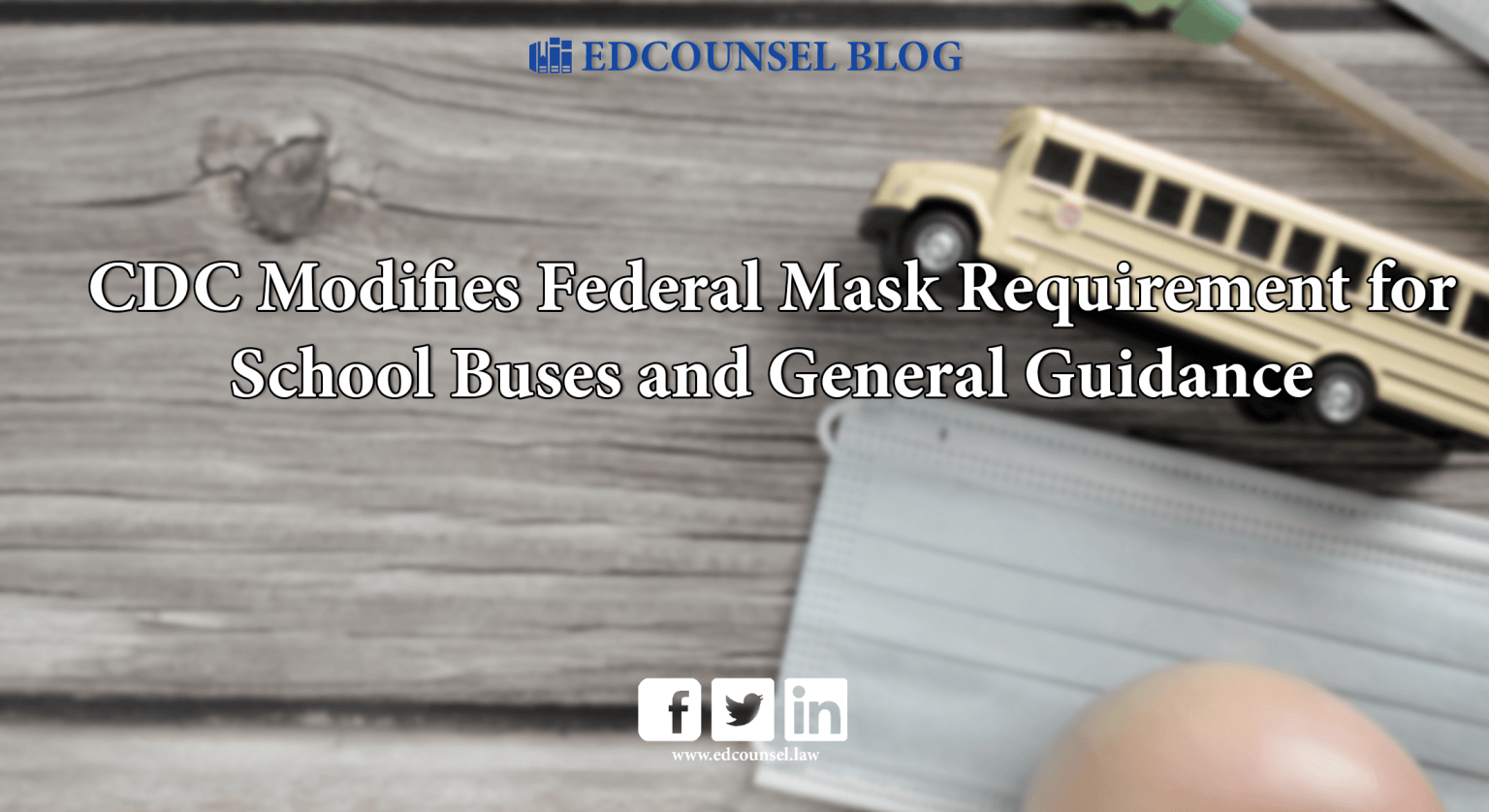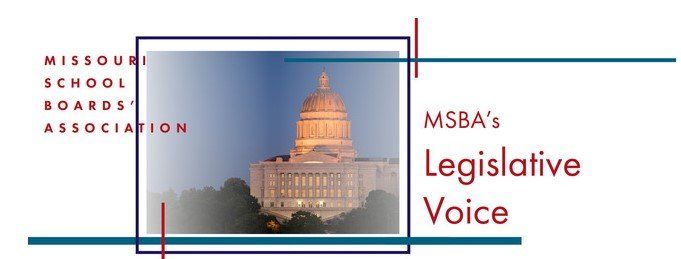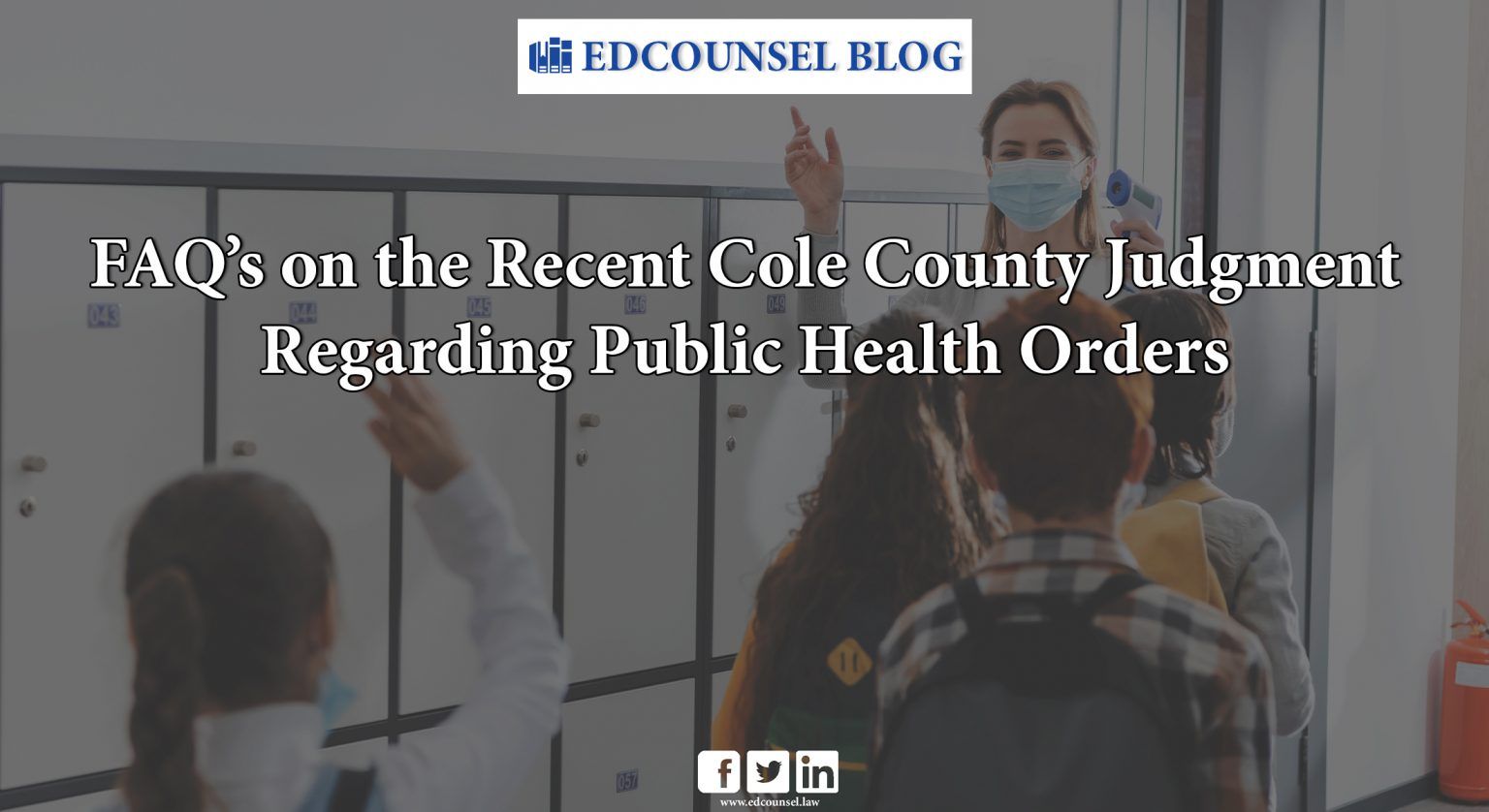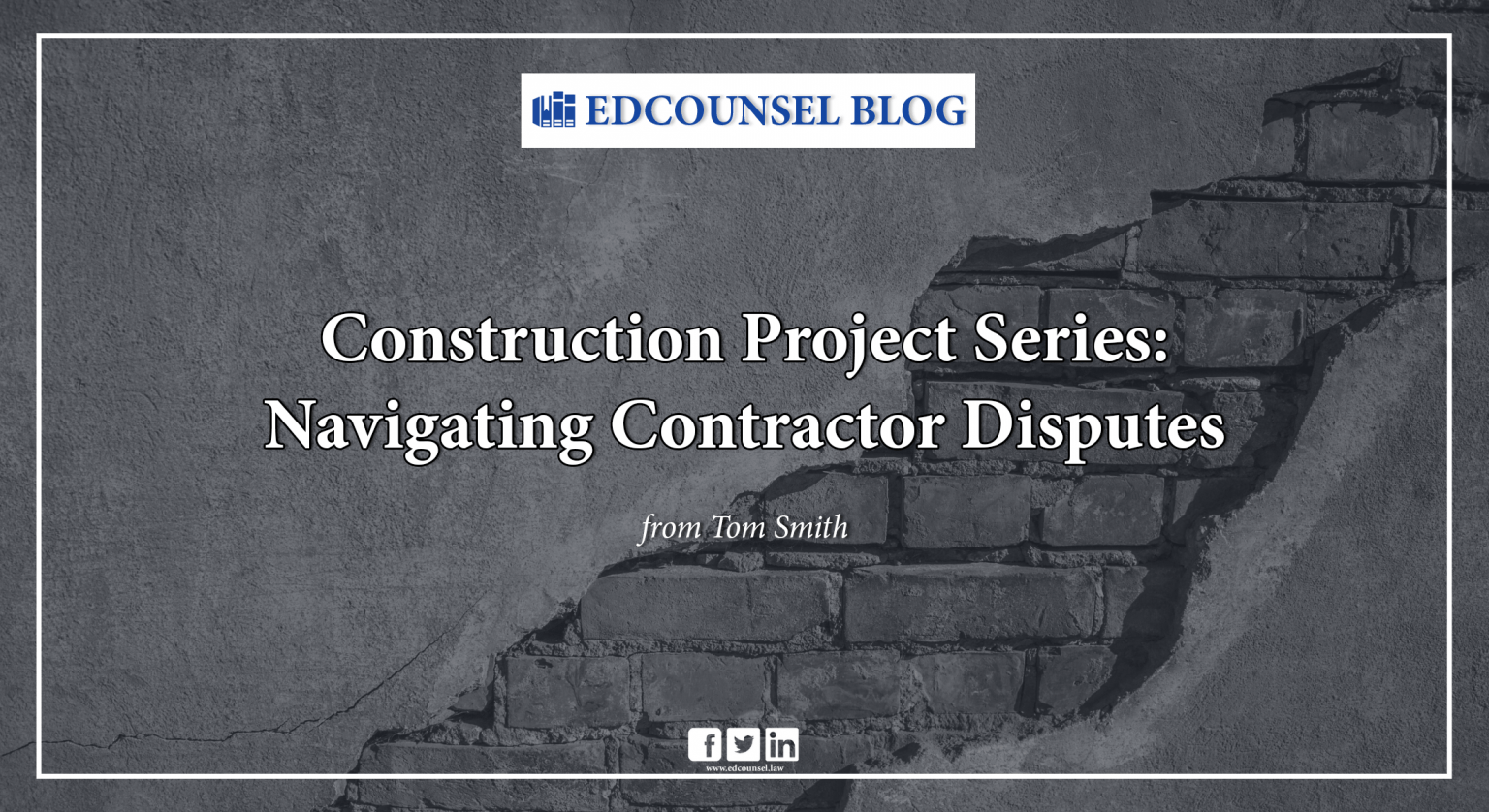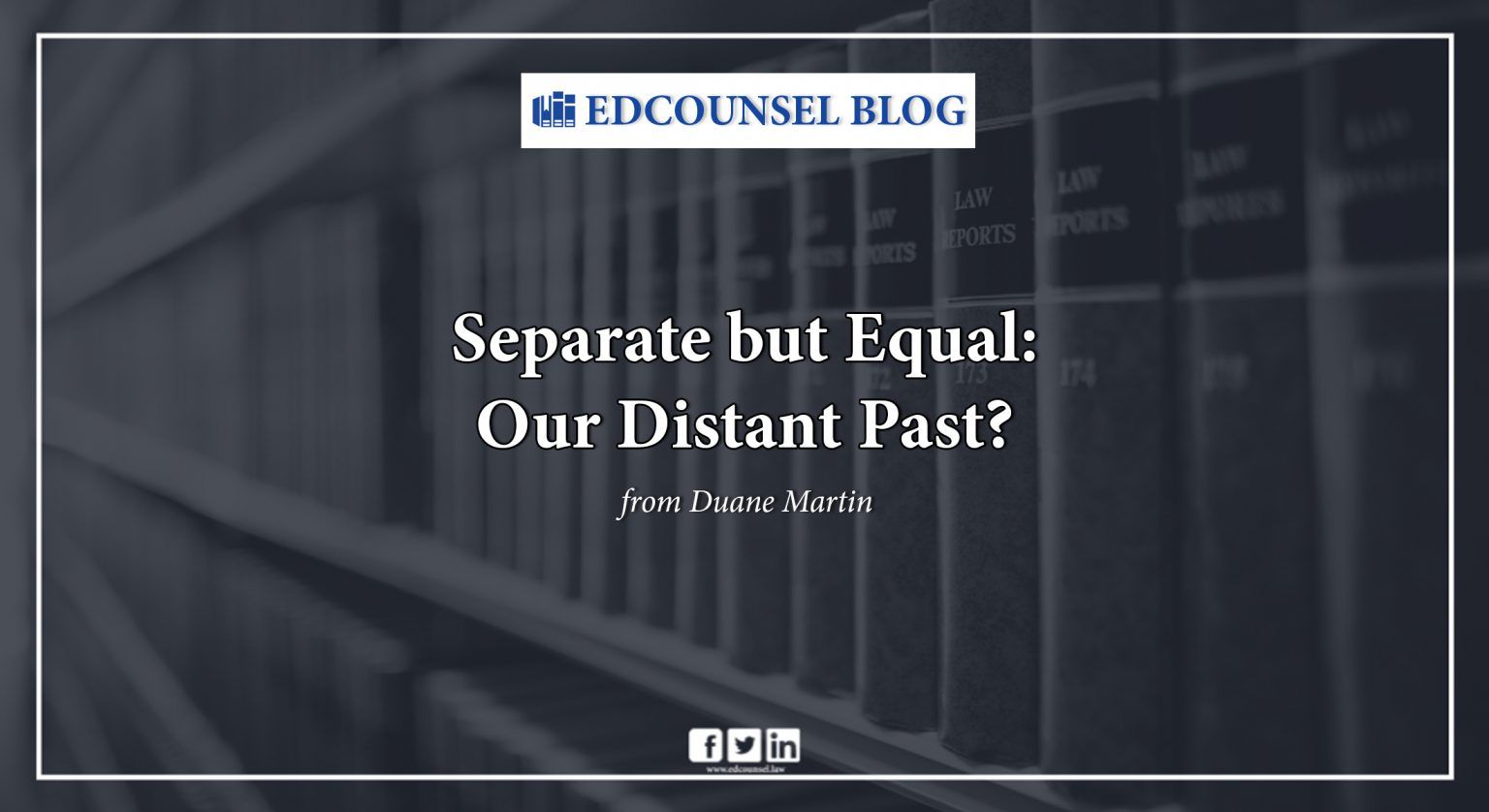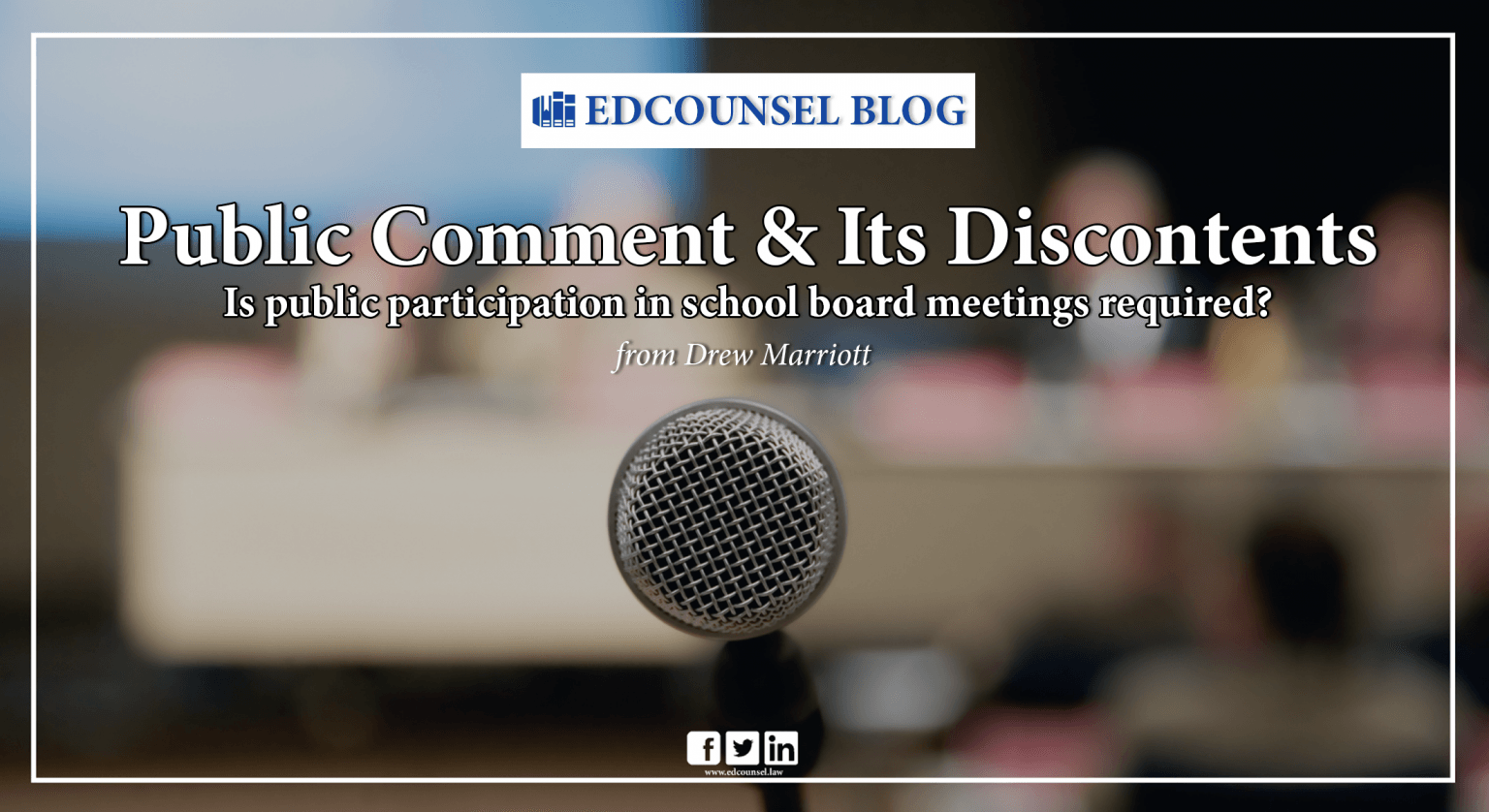
In conjunction with our earlier post about Missouri Public Schools approaching the
political precipice, the last year and a half has shepherded the age of the viral public comment period at school board meetings. Over the last week,
YouTube removed the video of a Kansas City area school district’s board meeting because of the misinformation espoused by patrons during the public comment. With polarization and efforts to politicize school boards, public comment has become a sounding board for people to express their anger (and get attention for it). Just google or search YouTube for “school board meeting” if you aren’t convinced.
While, Freud’s psychoanalysis in Civilization and Its Discontents pre-dates this modern dilemma, he may have added a chapter about public comment at school board meetings–both relate to the friction between the individual and societal expectations. Through discussions of COVID, virtual education, Critical Race Theory, and any political issue du jour, school board meetings have increasingly become a platform for participants in current culture wars. Through the contentious and sometimes viral meetings, a question undoubtedly rises–is public comment or public participation in school board meetings required?
The answer to that question has layers. Legally, public comment is not required–there is no Missouri statute that requires a school board to have public comment. Peeling back that layer gets to deeper questions–what does our district policy require? What does our community expect? Are there other avenues–better avenues– to allow patrons to communicate with the Board? If a district has a policy that requires public comment, then we need to follow that policy. But, a school board can consider refining and implementing a new policy. Altering those policies could also become a political morass.
Districts across the state have varying policies for community engagement at Board meetings. It can span from no public comment to allowing public comment on each agenda item in open session. Some districts allow patrons to sign up for public comment before or during the meeting, while others have policies that require patrons to submit their requests for comment in advance, in writing, and detailing the topics or issues they intend to address. Many have time constraints and limitations on the topics.
If considering alterations to your public comment policies, there are key questions a Board needs to ask itself:
- What does our current policy require?
- What is the purpose of public comment and does our policy meet or distort that purpose?
- What have we done historically, and how will our patrons view or react if we change it?
- Are we creating a public forum, and what legal risks are we creating in doing so?
- Are we protecting our student and staff confidential information during public comment, and should the identified topic be routed to closed session if it touches upon student information or personnel matters?
- Are there alternative or better channels of communication to direct patrons to first, or in lieu of public comment?
One could rightfully argue that public comment serves a noble purpose, that it is democratic (read democracy), and that it allows more open communication to a board. However, there are ways to allow that discourse, but also better protect students, staff, and officers from harassment. With the decline of civility in this discourse, some states are acting to protect public officials from continued abuse from the public–for instance, Colorado just banned the doxing of public health workers to curb the harassment of healthcare workers.
In navigating community participation at meetings, districts have options that range from no public comment to robust public comment–the law allows for both. In fashioning a policy for public comment, there are numerous considerations, numerous points for potential backlash, and numerous points for the continued abuse of public servants. Each district has its own right answers, possibly its own happy medium, and each should endeavor to find it.
